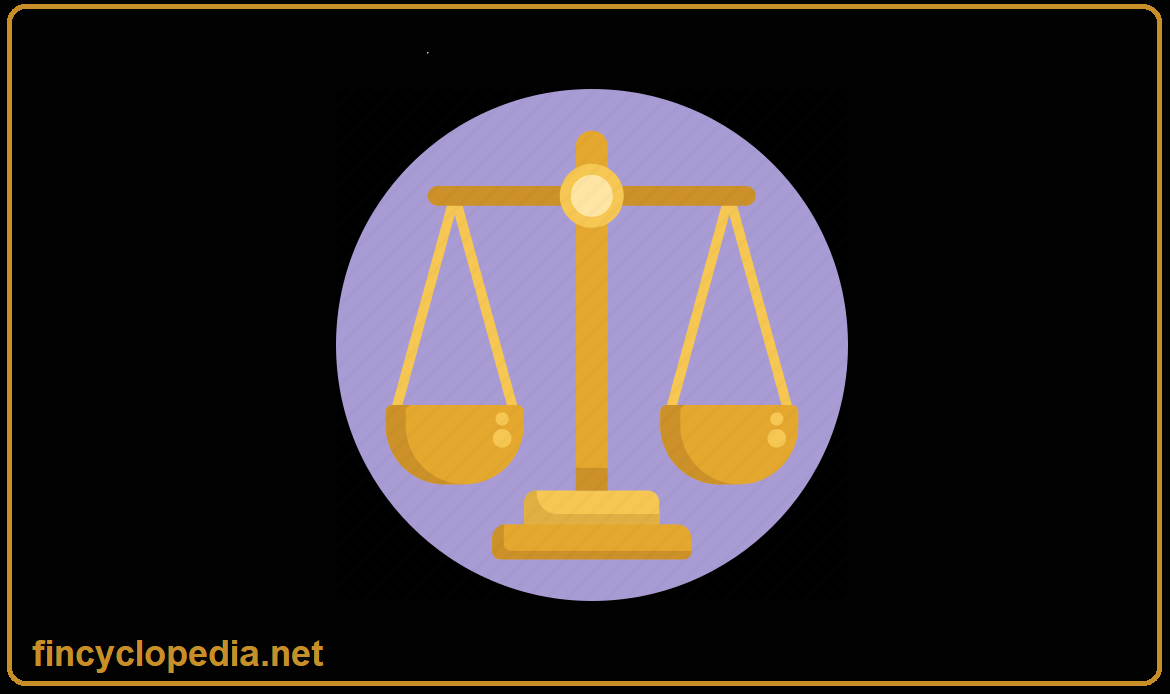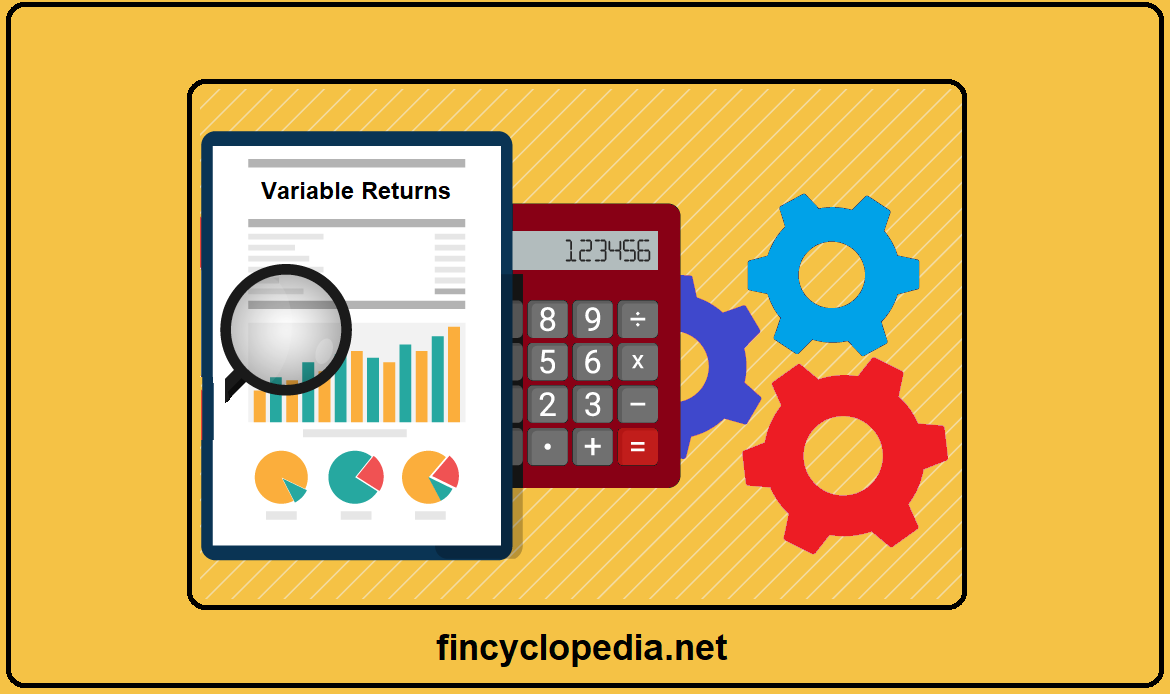A category of reserves that are available for distribution as dividends (as of the latest audited balance sheet of an entity). Free reserves can be voluntarily created as an entity deems appropriate and needed.
Free reserves do not include, or are not created out of, any amounts representing unrealized gains, notional gains or revaluation of assets, as well as any any changes in carrying amount of assets or liabilities recognized as part of equity, including fair value gains/ surplus income on measurement of assets or liabilities at fair value.
Free reserves are created by appropriating part of profit earned by an entity during the course of an accounting period. The purpose of free reserves is to meeting business requirements such as contingencies, coverage of future losses, enhancement of working capital, distribution of dividends to the shareholders, etc.
A free reserve is also called a general reserve.






